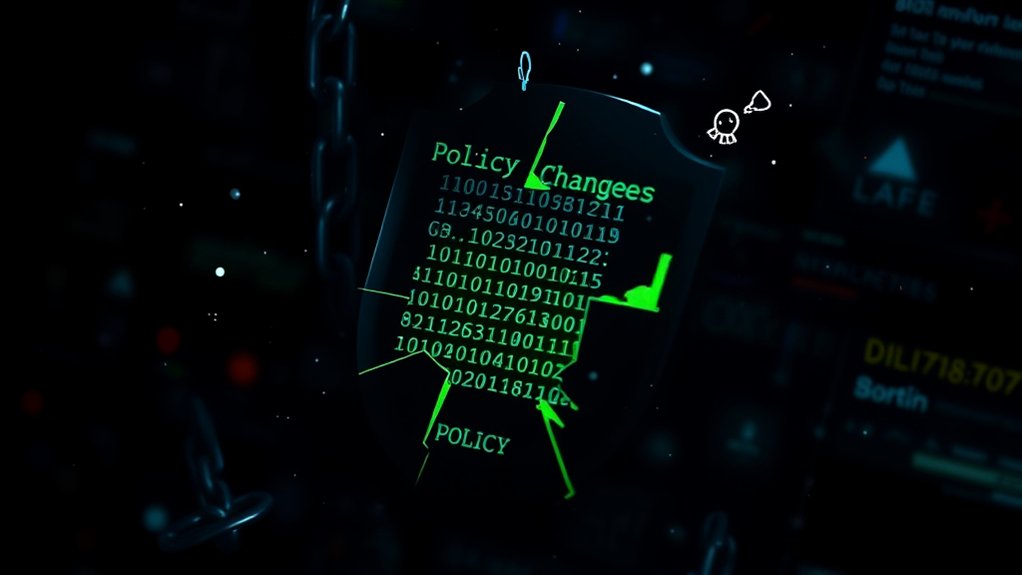In a decisive move, the Trump administration has dismantled several cybersecurity policies put in place by the Biden administration, aiming to reshape the terrain of national cyber defense. The newly issued executive order revises former strategies, particularly those established under Presidents Biden and Obama, and highlights concrete technical measures such as secure software development and quantum-resistant encryption. Additionally, the administration has adjusted sanctions, limiting them solely to foreign malicious actors, thereby addressing concerns regarding the potential politicization of such policies on domestic grounds. The reversal of Biden’s Executive Order 14144 represents a significant shift; Trump’s order is viewed as a reaction against what some perceive as overly prescriptive regulations. Key elements, such as the elimination of digital identity mandates, have sparked debate, with critics arguing this could facilitate unauthorized access to benefits. Furthermore, the decision to rescind the AI Diffusion Rule signals a clear intention to support innovation in AI development while prioritizing national security.
By prioritizing tangible financial investments in cybersecurity over compliance checklists, the administration hopes to encourage genuine improvements in national security. Furthermore, Trump’s policies reflect a strong focus on foreign threats, where protecting against international cyber trespasses takes precedence over domestic issues. This shift is accompanied by various criticisms, especially regarding the narrow focus on foreign actors in sanction policies, suggesting potential vulnerabilities within American infrastructure could be overlooked. Simultaneously, the removal of AI testing requirements indicated a departure from extensive oversight, with AI development proponents of innovation arguing that this nurtures an environment conducive to technological advancement. Political and social implications also intertwine with these cybersecurity revisions. The removal of digital ID mandates has raised alarms regarding immigration and public benefit access.
Amidst growing political polarization, the changes underscore a broader debate over the balance between security and civil liberties. Critics maintain that this path may compromise significant cybersecurity measures designed to protect both critical infrastructure and personal devices, thereby creating a rift in the national dialogue on digital security.









